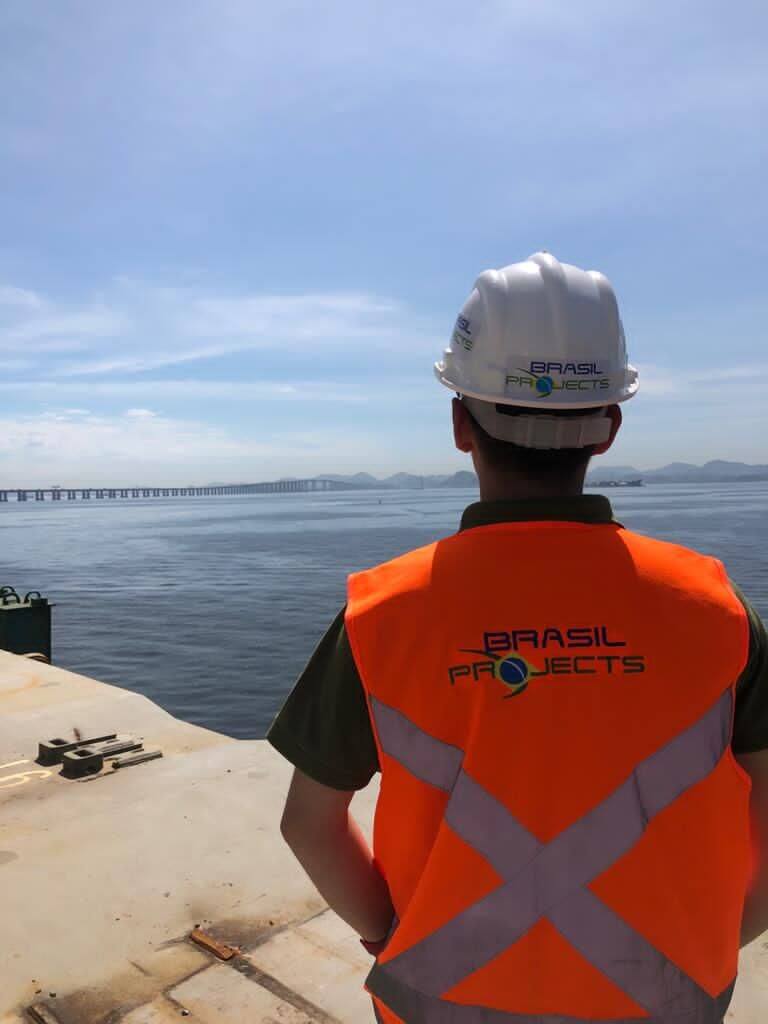Image: Venti Views
The global logistics and transport sector is grappling with monumental challenges as it strives to significantly reduce carbon emissions. With the industry accounting for approximately 20% of global emissions, the urgency to curb its environmental impact has never been more pressing.
Equilibrium Disrupted
Traditionally, the focus of logistics operations has been on fuel and operational efficiencies, alongside supply chain predictability. The pursuit of just-in-time delivery models has led to minimized costs and carbon footprints. However, recent experiences, including the COVID-19 pandemic, have disrupted this equilibrium.
The pandemic prompted a reassessment of work-life balance and highlighted workforce uncertainties. Younger generations are less inclined to commit to the long, solitary hours typical in the logistics industry, posing challenges in attracting and retaining personnel.
Supply Chain Disruptions
Disruptions have become commonplace in the logistics landscape, stemming from various sources such as political conflicts, wars, and health crises. The interconnectedness of global supply chains means that disruptions in one region reverberate across multiple countries, intensifying logistical complexities and fragility.
Efforts to build resilience have led to the adoption of diverse models like near-shoring, off-shoring, and multi-sourcing. However, these strategies increase operational burdens and likely drive inefficiencies, contributing to higher emissions levels.
Future-Proofing Strategies
Logistics operators are under pressure to meet and exceed customer expectations while minimizing their carbon footprint. The rise of e-commerce and consumer demand for rapid delivery has placed additional strain on supply chains, leading to operational inefficiencies.
Achieving true end-to-end visibility in the supply chain remains a challenge, but it holds immense value. Many operators are investing in data capture and analysis tools to monitor operations in real-time, enabling swift responses to challenges as they arise.
Streamlining Operational Efficiency
Reducing emissions doesn’t solely rely on adopting alternative fuels. Streamlining operational efficiency presents a tangible opportunity for emissions reduction in the short term and at minimal cost. Collaboration across the supply chain is also crucial in achieving significant emissions reductions.
In conclusion, the global logistics industry faces multifaceted challenges in decarbonization. While disruptions and uncertainties persist, there are opportunities for innovation and collaboration to drive sustainable change.





